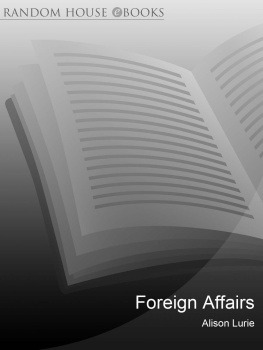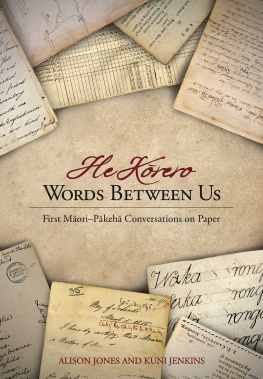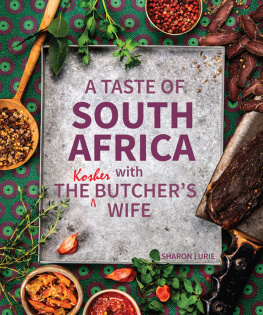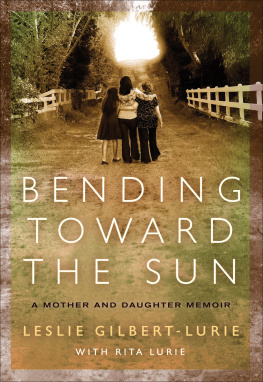Alison Lurie - Words and Worlds: From Autobiography to zippers
Here you can read online Alison Lurie - Words and Worlds: From Autobiography to zippers full text of the book (entire story) in english for free. Download pdf and epub, get meaning, cover and reviews about this ebook. year: 2019, publisher: Delphinium Books, genre: Art. Description of the work, (preface) as well as reviews are available. Best literature library LitArk.com created for fans of good reading and offers a wide selection of genres:
Romance novel
Science fiction
Adventure
Detective
Science
History
Home and family
Prose
Art
Politics
Computer
Non-fiction
Religion
Business
Children
Humor
Choose a favorite category and find really read worthwhile books. Enjoy immersion in the world of imagination, feel the emotions of the characters or learn something new for yourself, make an fascinating discovery.

- Book:Words and Worlds: From Autobiography to zippers
- Author:
- Publisher:Delphinium Books
- Genre:
- Year:2019
- Rating:5 / 5
- Favourites:Add to favourites
- Your mark:
- 100
- 1
- 2
- 3
- 4
- 5
Words and Worlds: From Autobiography to zippers: summary, description and annotation
We offer to read an annotation, description, summary or preface (depends on what the author of the book "Words and Worlds: From Autobiography to zippers" wrote himself). If you haven't found the necessary information about the book — write in the comments, we will try to find it.
Words and Worlds: From Autobiography to zippers — read online for free the complete book (whole text) full work
Below is the text of the book, divided by pages. System saving the place of the last page read, allows you to conveniently read the book "Words and Worlds: From Autobiography to zippers" online for free, without having to search again every time where you left off. Put a bookmark, and you can go to the page where you finished reading at any time.
Font size:
Interval:
Bookmark:
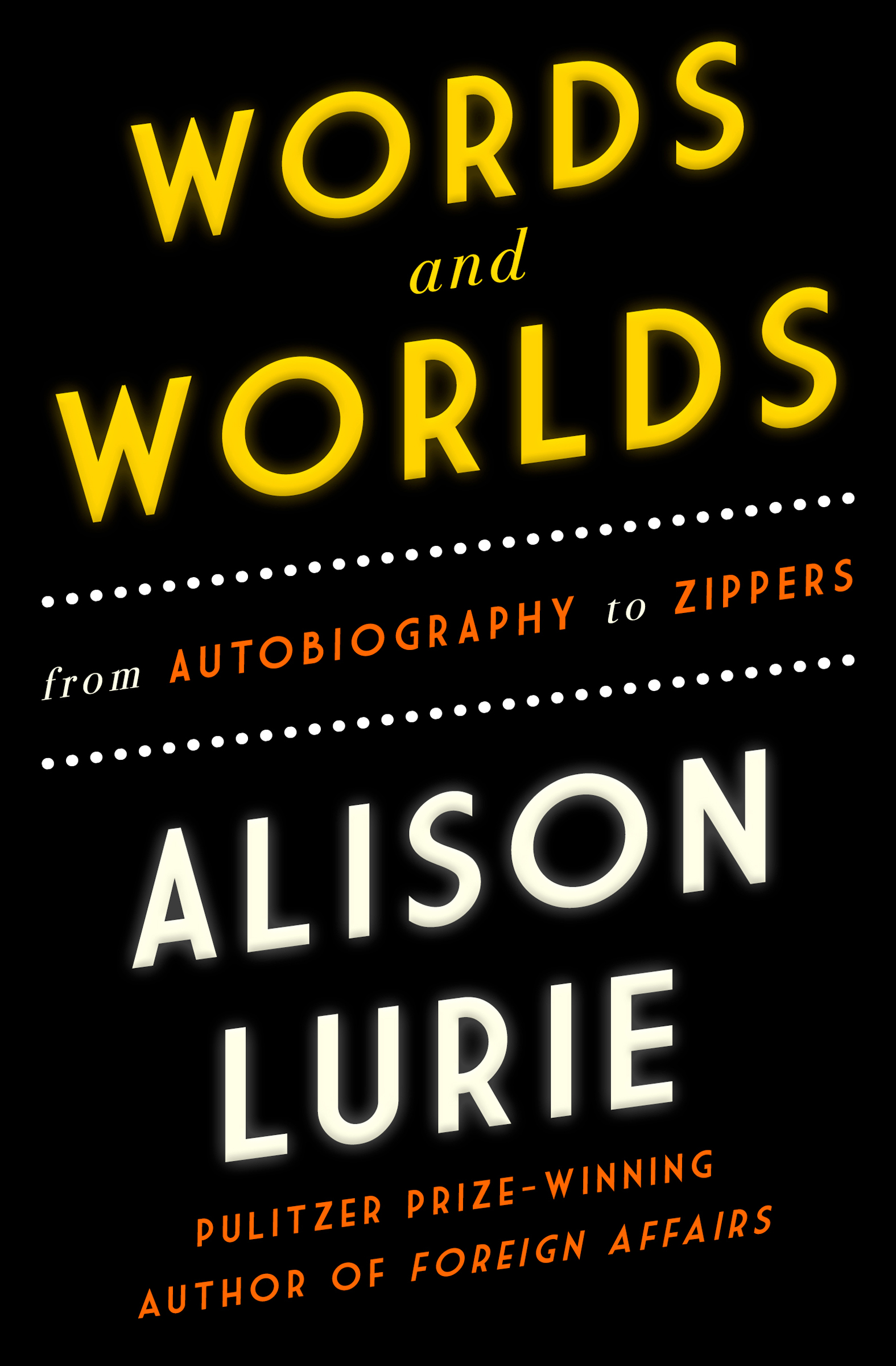
also by alison lurie
Fiction
Love and Friendship
The Nowhere City
Imaginary Friends
Real People
The War Between the Tates
Only Children
Foreign Affairs
The Truth About Lorin Jones
Women and Ghosts
The Last Resort
Truth and Consequences
Nonfiction
The Language of Clothes
Dont Tell the Grown-ups
Boys and Girls Forever
Familiar Spirits
The Language of Houses
Reading for Fun
All rights reserved, including without limitation the right to reproduce this book or any portion thereof in any form or by any means, whether electronic or mechanical, now known or hereinafter invented, without the express written permission of the publisher.
The essays in this book originally appeared in slightly different form: Nobody Asked You to Write a Novel and Zippers in the New York Times Book Review; Their Harvard in My Harvard, My Yale (Harvard University Press), Life After Fashion and Breaking the Laws of Fashion in The Guardian; What Happened in Hamlet in The New Review (London); The Language of Deconstruction, Witches, Barbara Epstein, Edward Gorey, James Merrill, The Good Bad Boy: Pinocchio, The Royal Family of Elephants, Saying No to Narnia, Harry Potter Revisited, and Rapunzel: The Girl in the Tower in the New York Review of Books; My Name or Yours? in the Observer (London); A. R. Ammons in The Bookpress (Ithaca, NY); Bad Husbands in American Scholar; The Dark Side of Knitting in The New Yorker.
Copyright 2019 by Alison Lurie
Cover design by Greg Mortimer
978-1-5040-5561-1
Published in 2019 by Delphinium Books, Inc.
P. O. Box 703
Harrison, NY 10528
www.delphiniumbooks.com

Distributed by Open Road Integrated Media, Inc.
180 Maiden Lane
New York, NY 10038
www.openroadmedia.com

For Edward Hower
Preface
Over the years many people have told me that they want to be a writer. It gradually becomes clear what some of them have in mind: they are daydreaming of becoming a special sort of person who will be recognized as more sensitive and creative than others, with a more interesting personality. If they ask me about agents and publishers and reviewers, I know that they are also daydreaming of fame and fortune: of articles and photographs in newspapers and magazines, of awards and prizes and film sales.
When I talk to people like this, I try to suggest that it is very difficult to become a famous and fortunate Writer. Usually they will agree, because this is part of their dream. They believe that writing great fiction, or what is now called creative nonfiction, will often be painful and wearisome. At first they may be lonely and misunderstood; but eventually, inevitably, they will be recognized and praised. They will have admirers and fans who will understand how hard they have worked and how much they have suffered, and will want to sleep with them, even they if are not very attractive or very agreeable.
Luckily, I have also met many people who do not say that they want to be a writer. Instead they say that they love telling stories, or that they really like to write about practically anything. They like sending emails to friends describing the crazy weddings they saw on a trip to Niagara Falls, or reporting for their local paper about a brawl at a concert or political meeting, or an eccentric neighbor who makes sculptures out of antique farm equipment. They are curious about the world, even nosy, and have already found out that if you tell somebodyeven a perfect strangerthat you want to write about them, they are usually happy to talk.
Most of these people will go on writing because they enjoy it. Most will be published, too, one way or another, since the world is full of print and Internet, newspapers and magazines that need material. They will publish articles and reviews and essays about nature or sport or books or films or their own and other peoples lives, whatever is needed at the time, or interests them. Some of them will become professional journalists, and some will also write stories and novels and plays. A few may even become famous; but if they dont, they wont really care, because for them, most of the time, writing is fun.
All the pieces in this book were fun for me to write, too.
PERSONAL HISTORY
Nobody Asked You
to Write a Novel
All young children are imaginative and creative; and while they remain young, these qualities are usually fostered. Their grubby but delightful paintings and verses and stories are extravagantly admired, shown to visitors, tacked to the kitchen walls. But as children grow older, encouragement of imaginative creation is often quietly replaced by encouragement of what have begun to seem more important traits: good manners, good marks, good looks; athletic and social success; and a willingness to earn money mowing lawns and baby-sittingtraits that are believed to predict adult success.
Children who seem unlikely to do very well along these lines sometimes find that their work stays on the kitchen wall longer than usual; and so it was with me. I was encouraged to be creative past the usual age because I didnt have much else going for me. I was a skinny, plain, odd-looking little girl, deaf in one badly damaged ear from a birth injury, and with a resulting atrophy of the facial muscles that pulled my mouth sideways whenever I opened it to speak, and turned my smile into a sort of sneer. I was clever, or as one of my teachers put it, too clever for her own good, but not especially charming or affectionate or helpful. I couldnt seem to learn to ride a bike or sing in tune, and I was always the last person chosen for any team.
By the time I was eight or nine, I was aware of these disadvantages. I realized that I would never grow up to be an actress, a dancer, a model, an airplane stewardess, or even a receptionist. Luckily, none of these careers appealed to me. But it was also my belief that nobody would wish to marry me and I would never have any of the children whose names and sexes I had chosen at an earlier and more ignorant age. I would be an ugly old maid, the card in the pack that everyone wanted to get rid of.
I knew all about Old Maids from the Victorian and Edwardian childrens books that were my favorite reading. Old Maids wore spectacles and old-fashioned clothes and lived in cottages with gardens, where they entertained children and other Old Maids to tea. They were always odd in some way: absent-minded or timid or rude or fussy. Sometimes they taught school, but most of their time was devoted to making wonderful walnut cake and blackberry jam and dandelion wine, to telling tales and painting pictures, to embroidery and knitting and crocheting, and to growing prize vegetables and roses. Occasionally they shared their cottage with another Old Maid, but mostly they lived alone, often with a cat. Sometimes the cat was their familiar, and they were really witches. You could tell which ones were witches, according to one of my childrens books, because there was always something physically wrong with them: for instance, they had six fingers on one hand, or their feet were on backwards.
All right, that would be my future. I knew it was so because of the kind of positive reinforcement I was getting from adults. Just as with the Old Maids, all that I produced was praised: my school compositions, my drawings, my walnut brownies, my doll clothes and rag rugs, and especially my stories. Charming! Really beautiful. Perfectly lovely, dear. Nobody ever told me that I was perfectly lovely, though, as they did other little girls. Very well, then: perfection of the work.
Font size:
Interval:
Bookmark:
Similar books «Words and Worlds: From Autobiography to zippers»
Look at similar books to Words and Worlds: From Autobiography to zippers. We have selected literature similar in name and meaning in the hope of providing readers with more options to find new, interesting, not yet read works.
Discussion, reviews of the book Words and Worlds: From Autobiography to zippers and just readers' own opinions. Leave your comments, write what you think about the work, its meaning or the main characters. Specify what exactly you liked and what you didn't like, and why you think so.

